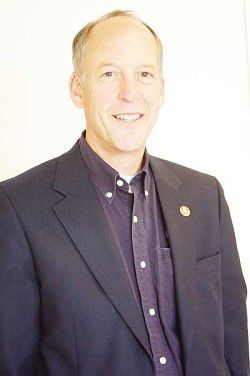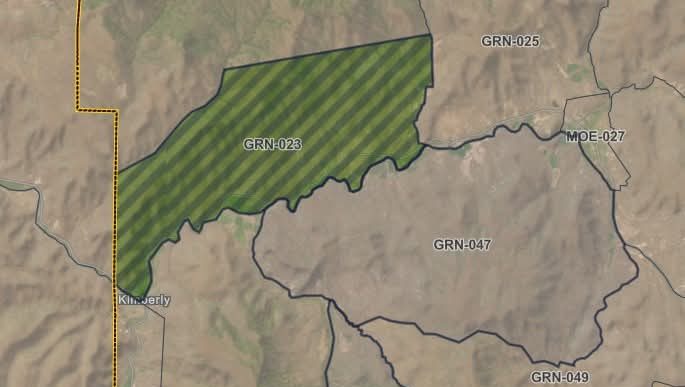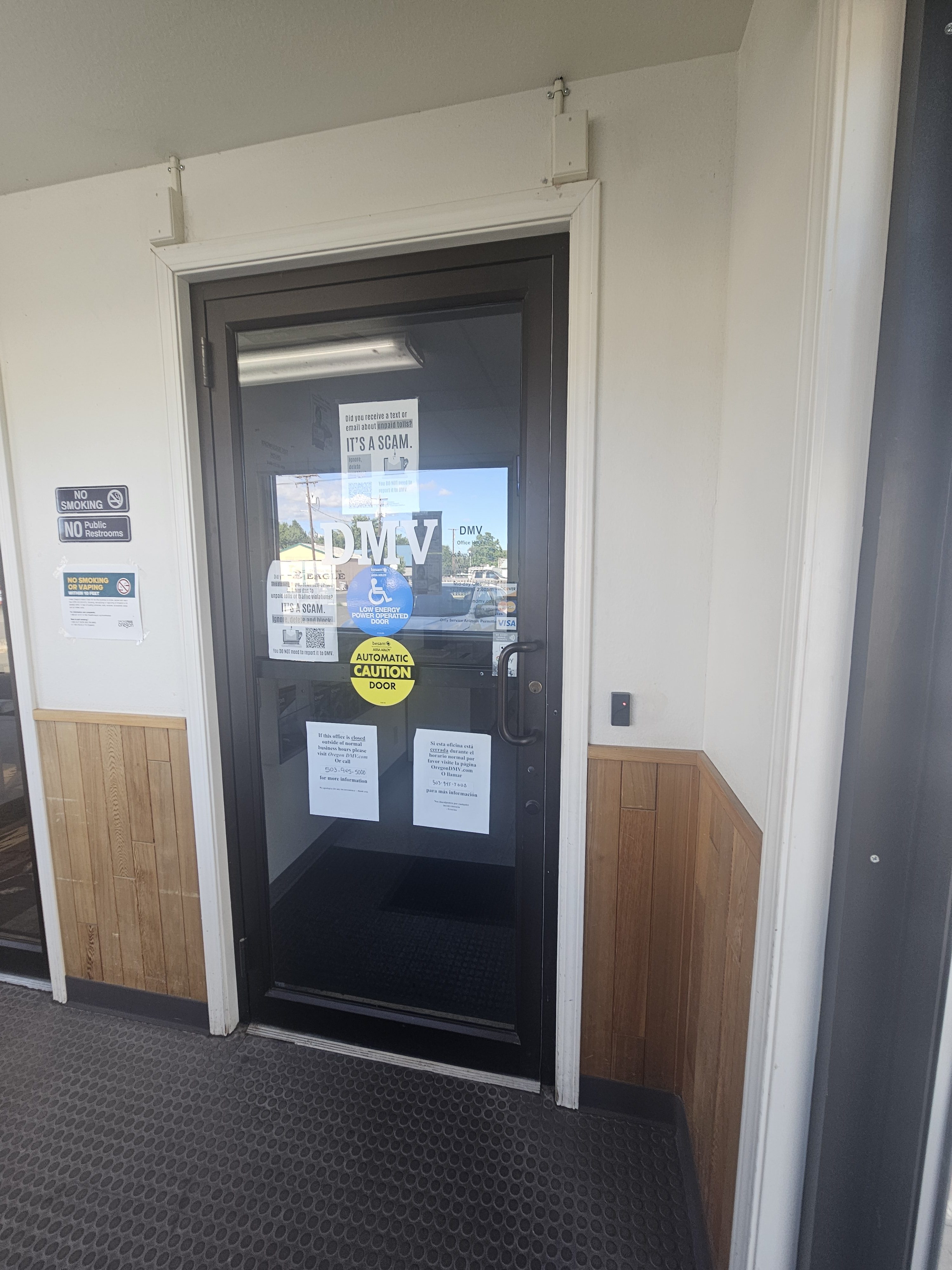Walden calls for ocean drilling
Published 5:00 pm Tuesday, September 2, 2008

- U.S. Rep. Greg Walden
JOHN DAY – U.S. Rep. Greg Walden made a swing through Grant County last week, talking with constituents about energy, the economy and forest health.
Trending
The 2nd Congressional District Republican said that throughout the region he hears from people who are worried about the high cost of fuel, food and health care. He acknowledged that the problem often seems intensified for rural residents with fewer alternatives.
“You can’t pull a horse trailer with a Prius,” he said.
He said oil prices are undercutting our economy, and supply and demand is a big part of that.
Trending
Walden has called for opening up the United States’ off-shore oil resources to development.
“Every country on the planet that has off-shore resources taps them,” he said.
Off-shore drilling faces opposition from environmentalists and also critics who say it won’t produce enough oil, fast enough.
Walden noted that the Norwegians, known for their environmental sensitivities, drill off their shores.
“If the Norwegians can do it, so can we,” he said.
He conceded that there’s no quick answer to what is a long-term problem. However, he said a bill he introduced Aug. 1 could add to the supply relatively soon, if the law is enacted.
The Security and Energy for America Act would invest in energy production and research over the next decade, and give the states more authority over ocean resources off their shores. Currently the states control out three miles, a limit that would be extended to 12 miles by the proposed SEA Act.
Up to half of the federal revenue from new offshore leases would be shared with the states.
Walden said the new leases would be required to adhere to the applicable environmental laws.
He said some states would have much more potential for development under the new law than Oregon would. However, he added, there still would be a beneficial impact on supply.
A boon for Oregon’s rural counties, the act also would revive the forest county payment and federal Payments in Lieu of Taxes (PILT) programs.
Walden also addressed the need to separate wildfire funding from the Forest Service’s budget for operations, allowing the agency to do a better job of managing the nation’s stressed forests.
He was a co-sponsor this year of the FLAME Act, which attempts to address the budget concerns resulting from the ongoing cycle of catastrophic forest fires.
He noted that 47 percent of the Forest Service’s budget currently is spent on firefighting, and he quipped that when it hits 50 percent, “they ought to change the name from Forest Service to Fire Service.”
In addition, he said the fires are pouring massive amounts of carbon dioxide into the atmosphere.
He said Congress still needs to address the fuels-buildup in the forests. He wants to expand the use of the Healthy Forest Restoration Act (HFRA) to treat forests “on a wider, landscape scale.”
He said we need to expedite the treatment of forest areas threatened by insect infestations, disease and fire – beyond the smaller areas being tackled as urban wildland interface projects.
“Forest managers tell me that where they’ve been able to utilize HFRA, it has been effective in reducing fuel and protecting homes and habitat. But since HFRA passed, 40 million acres of federal land have burned.
“We have a lot of work left to do and it’s time for Congress to take meaningful action, again.”
As for the economy, he said the nation still faces significant challenges. However, he said it’s not the time to raise taxes. He said he would continue to oppose tax increases while supporting a constitutional requirement for a balanced federal budget.









